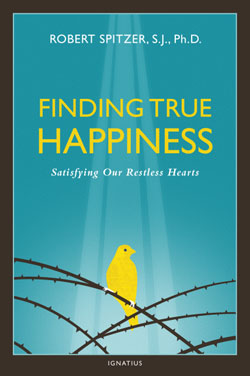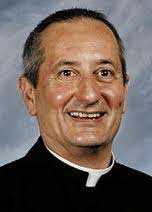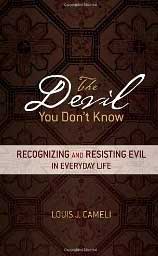Podcast: Play in new window | Download (Duration: 34:12 — 31.3MB) | Embed
Subscribe: Apple Podcasts | Spotify | Amazon Music | Android | Pandora | iHeartRadio | JioSaavn | Podchaser | Gaana | Podcast Index | Email | TuneIn | Deezer | Anghami | RSS | More
Bruce and I, thanks to Fr. Damien Cook, had the opportunity to speak to Fr. Titus Kieninger of Opus Sanctorum Angelorum about the role of Holy Angels.
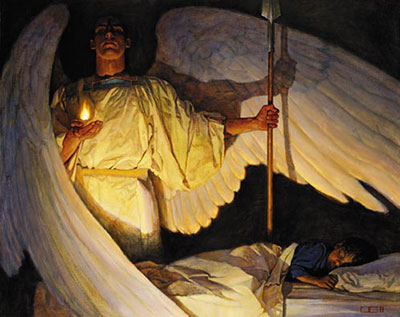
My Guardian Dear,
to whom His love commits me here,
ever this day be at my side,
to light and to guard,
to rule and guide.
Amen.
For they are ministering spirits, sent for service, for the sake of those who will inherit salvation” (Heb 1:14)
 O holy Guardian Angel, my dear friend and solicitous guide on the dangerous way of life, to thee be heartfelt thanks for the numberless benefits which have been granted me through thy love and goodness and for the powerful help by which thou hast preserved me from so many dangers and temptations. I beg of thee, let me further experience thy love and thy care. Avert from me all danger, increase in me horror for sin and love for all that is good. Be a counselor and consoler to me in all the affairs of my life, and when my life draws to a close, conduct my soul through the valley of death into the kingdom of eternal peace, so that in eternity we may together praise God and rejoice in His glory. Through Jesus Christ Our Lord.
O holy Guardian Angel, my dear friend and solicitous guide on the dangerous way of life, to thee be heartfelt thanks for the numberless benefits which have been granted me through thy love and goodness and for the powerful help by which thou hast preserved me from so many dangers and temptations. I beg of thee, let me further experience thy love and thy care. Avert from me all danger, increase in me horror for sin and love for all that is good. Be a counselor and consoler to me in all the affairs of my life, and when my life draws to a close, conduct my soul through the valley of death into the kingdom of eternal peace, so that in eternity we may together praise God and rejoice in His glory. Through Jesus Christ Our Lord.
Amen.
O Angel of God, make me worthy of thy tender love, thy celestial companionship and thy never-failing protection!
For He will give His angels charge of you to guard you in all your ways.
On their hands they will bear you up, lest you dash your foot against a stone. (Ps 91)
The Holy Angels, and in particular our Guardian Angels, are such a wonderful gift to us from the Father! Let us give thanks to Him for his generosity and to our Guardian Angel for their presence in our lives!
It’s really important to understand the difference in the angels beyond all the New Age silliness. There are the Holy Angels (we love them and they love us) and the fallen angels (bad, bad, bad)…it’s what discernment and spiritual warfare, on many levels, are all about.
Be sure to visit Opus Sanctorum Angelorum
Let us affectionately love His angels as counselors and defenders appointed by the Father and placed over us. They are faithful; they are prudent; they are powerful; Let us only follow them, let us remain close to them, and in the protection of the God of heaven let us abide. ~ St. Bernard of Clairvaux

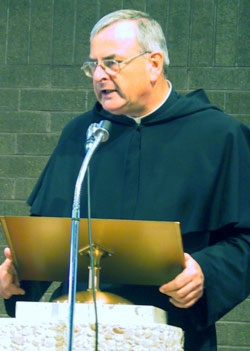
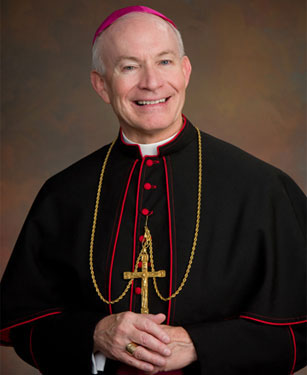

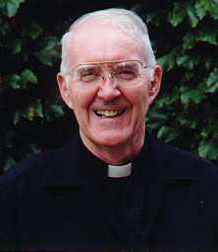 area of discernment. Taking a lifetime of steeped in prayer and sound theology, Fr. Baker gives us a unique and penetrating resource to aid in our growth in the areas of contemplation and discernment. Father Baker was the editor of Homiletic & Pastoral Review for more than 40 years, and currently serves as Editor Emeritus of the online edition. He was a joy to talk with and to learn from….not to be missed for the discerning heart!
area of discernment. Taking a lifetime of steeped in prayer and sound theology, Fr. Baker gives us a unique and penetrating resource to aid in our growth in the areas of contemplation and discernment. Father Baker was the editor of Homiletic & Pastoral Review for more than 40 years, and currently serves as Editor Emeritus of the online edition. He was a joy to talk with and to learn from….not to be missed for the discerning heart!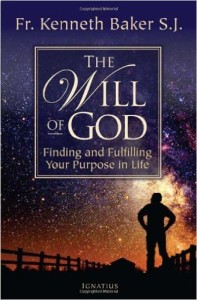
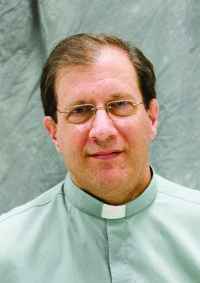
 “Sitting with Mother Teresa, watching her tend to the sick and the dying, feeling the aura of holiness around her person, seeing her bent in prayer, lost in God–how often I asked myself if I was not seeing something of Our Lady, experiencing a glimpse of the Virgin of Nazareth” –-Author and co-founder of Mother Teresa’s priests’ community, Joseph Langford, MC
“Sitting with Mother Teresa, watching her tend to the sick and the dying, feeling the aura of holiness around her person, seeing her bent in prayer, lost in God–how often I asked myself if I was not seeing something of Our Lady, experiencing a glimpse of the Virgin of Nazareth” –-Author and co-founder of Mother Teresa’s priests’ community, Joseph Langford, MC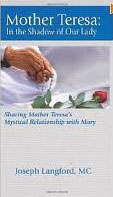
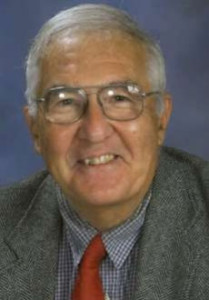 I love a good book on the virtues. I love a good book on great books. And when a work comes along which contains both elements and is written with joy and enthusiasm for the subject…well, I can’t help but find myself in a reader’s paradise. What a delight to talk with Dr. Kalpakgian about some of the topics found in this work. Engaging the heart and the mind, this is a must have book for the discerning reader.
I love a good book on the virtues. I love a good book on great books. And when a work comes along which contains both elements and is written with joy and enthusiasm for the subject…well, I can’t help but find myself in a reader’s paradise. What a delight to talk with Dr. Kalpakgian about some of the topics found in this work. Engaging the heart and the mind, this is a must have book for the discerning reader.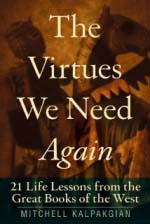
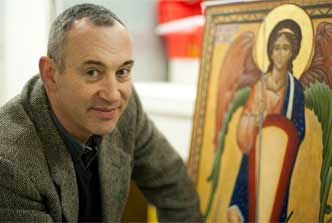 “The Little Oratory: A Beginner’s Guide to Praying in the Home” by David Clayton and Leila M. Lawler is absolutely wonderful. More than just a “prayer-how-to”, this book is about the beauty of God and embracing the relationship in all areas of our lives. Clayton and Lawler help us to reverence the sacred found in our homes, in the rhythm of the day, the blessings we have been given, and the gift of the present moment. This is for every home, whether one filled with children or a sanctuary for the single life, this is a must have for those who wish to be surrounded in prayer.
“The Little Oratory: A Beginner’s Guide to Praying in the Home” by David Clayton and Leila M. Lawler is absolutely wonderful. More than just a “prayer-how-to”, this book is about the beauty of God and embracing the relationship in all areas of our lives. Clayton and Lawler help us to reverence the sacred found in our homes, in the rhythm of the day, the blessings we have been given, and the gift of the present moment. This is for every home, whether one filled with children or a sanctuary for the single life, this is a must have for those who wish to be surrounded in prayer.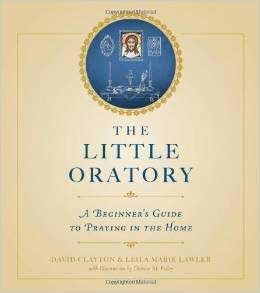
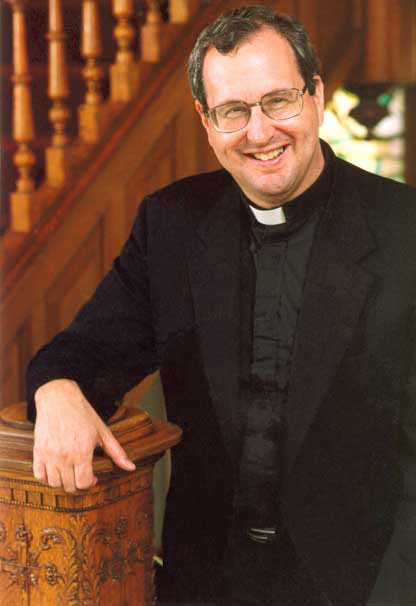 What a delight to once again talk with Fr. Robert Spitzer! This time we discuss “
What a delight to once again talk with Fr. Robert Spitzer! This time we discuss “